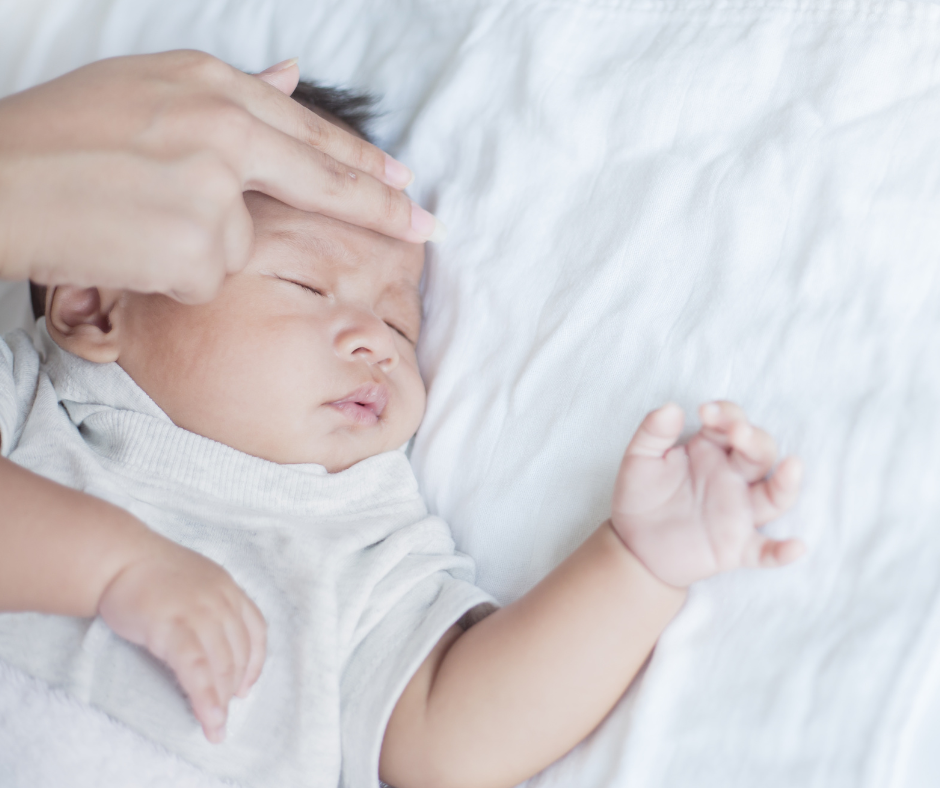Is it RSV or a cold?

Is it RSV or a cold?
As a parent of a young child, you’ve likely been cautioned to keep a watch out for RSV. So, what is RSV? How does it differ from a cold? Today we’re going to answer some questions about RSV and talk about how you can help prevent the spread of RSV and protect your baby from it.
What is RSV?
RSV stands for respiratory syncytial virus and causes respiratory illness similar to a cold. It transmits similarly to a common cold virus, moving from one person to another. Almost all children will get RSV before they are two years of age. Typically, RSV causes cold symptoms, which may be followed by bronchiolitis or pneumonia.
How is it different from a cold?
RSV will exhibit many common cold symptoms (fever, cough, congestion, runny nose), however the it will also present additional symptoms that are NOT associated with the common cold such as:
- Fast breathing
- Flaring of the nostrils and bobbing of the head while breathing
- Rhythmic grunting during breathing
- Belly breathing/tugging between the ribs/and or lower neck (watch this video for more info)
- Wheezing
Approximately two to three out of every 100 infants with an RSV infection might necessitate hospitalization. These infants may require oxygen assistance for breathing or intravenous (IV) fluids if they are unable to eat or drink. Fortunately, the majority of these children show improvement and can be discharged after a few days.
RSV Immunization
This year there is a new infant RSV immunization (nirsevimab) available. However, supply is very limited. That is why public health experts are prioritizing babies at highest risk for serious illness for the RSV immunization. Below is a reproduction of the guidelines for babies that the American Academy of Pediatrics is suggesting get vaccinated.
This includes babies who:
- Weigh less than 11 lbs and are eligible for the lowest dose.
- Are younger than age 6 months.
- Identify as American Indian and Alaska Native (AI/AN) and are younger than age 8 months.
- Are age 6 through 7 months and have a medical condition that places them at highest risk of serious illness if they are infected.
- Are age 8 through 19 months who identify as AI/AN and live in a remote region.
If your baby is not in these highest risk groups, keep in mind:
- If you are pregnant, you can get an RSV vaccine between 32 through 36 weeks pregnancy. This will protect your new baby from severe RSV illness.
- Older babies age 8–19 months at higher risk may be eligible for the RSV immunization called palivizumab for the 2023–2024 RSV season.
Treatment
There is no specific treatment for RSV and medications, like steroids and antibiotics, do not help with RSV. However, the following measures can be taken to help alleviate symptoms:
- Nasal saline can be used along with gentle suctioning to allow easier breathing
- A cool-mist humidifier may be added to the child’s room to help break up mucus and allow easier breathing
- Additional fluids & frequent feedings to allow your infant to stay hydrated
- Acetaminophen (if older than two months) or ibuprofen (if older than 6 months) can be used to help with low-grade fevers. Always avoid aspirin!
It is also important to keep in mind that children and adults can get RSV multiple times—even during a single season. Often, however, repeat infections are less severe than the first one.
Call your pediatrician right away if you notice your child has symptoms of dehydration, difficulty breathing or pauses in breathing, significantly decreased activity and alertness or additional symptoms of bronchitis or other bacterial infections.
For questions or any other concerns, Augusta Pediatrics can be reached at (706) 868-0389. The information on this site is not intended or implied to be a substitute for professional medical advice, diagnosis or treatment. All content, including text, graphics, images and information, contained on or available through this web site is for general information purposes only.

Leave a Reply